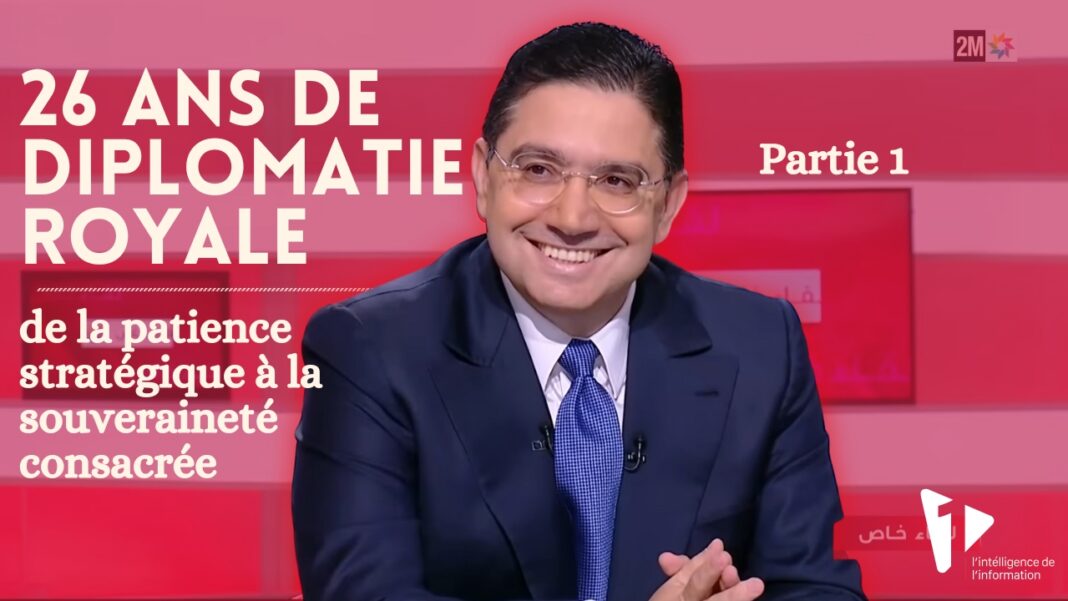Moroccan Sahara: Nasser Bourita reveals the behind-the-scenes of the UN Security Council negotiations

Morocco’s Minister of Foreign Affairs, Nasser Bourita, spoke on Saturday evening about the intense discussions that preceded the adoption of Resolution 2797 by the United Nations Security Council. This resolution extends the mandate of MINURSO and reinforces the political framework of the Sahara negotiations. In an interview with 2M television, the Moroccan foreign minister described the resolution as a “major turning point” in the issue, declaring that “the rules of the game have now changed.”
According to Bourita, Resolution 2797 represents a decisive step forward, as no member state opposed it. He emphasized that the structure of the text is unprecedented compared to previous resolutions, being reduced from 43 paragraphs in 2024 to only 14. The minister also noted the absence of any mention of human rights issues and the inclusion of just one reference to humanitarian aspects, reflecting a new direction within the Security Council.
One of the most significant points of the resolution lies in its explicit recognition of the autonomy initiative as the only serious and credible framework for negotiation, within Morocco’s sovereignty. “The autonomy initiative is mentioned six times,” Bourita pointed out, highlighting that this demonstrates both the consistency of Morocco’s stance and the growing international support for this solution.
The minister also underlined the “historic” nature of the resolution, which clearly defines the parties called to take part in the political process: Morocco, the Polisario Front, Algeria, and Mauritania. The document reaffirms the Security Council’s support for the UN Secretary-General and his Personal Envoy, Staffan de Mistura, granting them a one-year timeframe to revive the negotiations.
Discussing the behind-the-scenes negotiations, Bourita revealed that no fewer than 45 amendments had been proposed by Council members to the original draft presented by the United States. “Morocco did not yield to pressure,” he asserted, recalling that King Mohammed VI had set the framework and objective of Morocco’s position: autonomy under national sovereignty. The minister further explained that the vote, initially scheduled for October 30, was postponed following high-level contacts, which secured an increase from 9 to 10 votes in favor.
When asked about Algeria’s position, Nasser Bourita adopted a measured tone. “Every state is free to make its own choices. What matters is that there was no opposition,” he said, stressing that Algeria’s abstention could not be interpreted as a rejection. He also dismissed the idea of U.S. mediation between Morocco and Algeria, reminding that King Mohammed VI has repeatedly extended a hand to Algeria for a frank and constructive political dialogue.
Finally, the foreign minister clarified that “there is no contradiction between autonomy and self-determination.” According to him, “self-determination is a principle expressed daily through citizens’ political and economic participation.” He reaffirmed that Morocco, faithful to international legality, remains committed to a realistic and lasting approach. In the same spirit, King Mohammed VI announced that Morocco will soon update and detail its autonomy proposal with a view to submitting it to the United Nations.